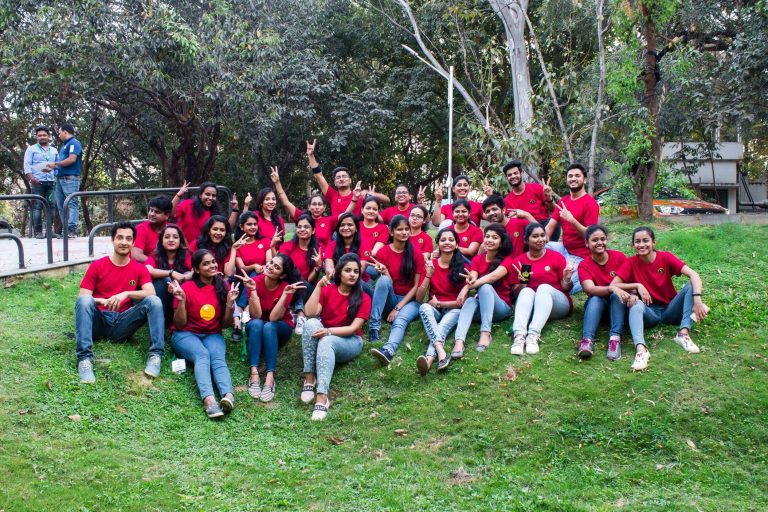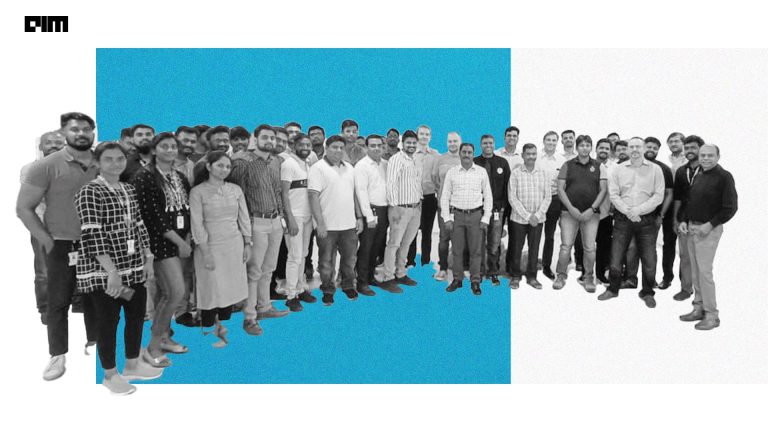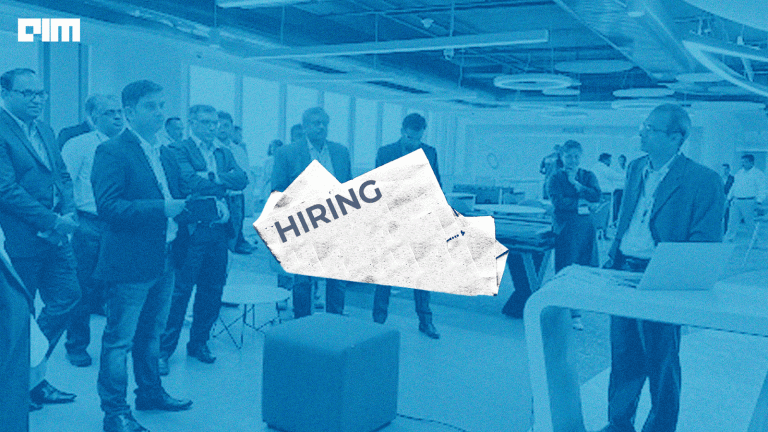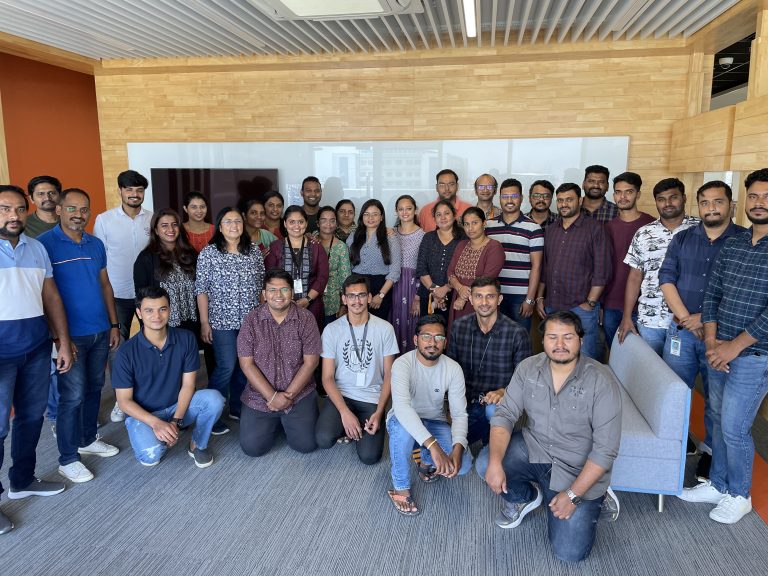Last year, the International School of Engineering (INSOFE), India, and the Rennes School of Business, France, launched the world’s first Doctorate of Business Administration (DBA) in Data Science.
Analytics India Magazine caught up with Dr Dakshinamurthy V Kolluru, Founder, President & Chief Mentor at INSOFE, to understand the program, its target audience, objective, and scope.
Excerpts:
AIM: Who typically benefits the most from a DBA degree?
Dr Murthy: DBA is a doctoral degree generally designed by business schools to benefit working professionals at senior manager or higher designations. They are typically individuals with decades of experience who want to become thought leaders, solve challenging problems, and push their industry ahead in technology or any other niche area of interest.
The idea is, in any industry you need 90 percent of people to sustain the operation and the remaining 10 percent to push the industry forward. To achieve that, they have to become thought leaders; they should be able to look and predict trends and see how they can apply that in their operations so that their business stays, innovates, and differentiates itself.
This need for thought leaders led to the conception of the DBA program. B-schools realise that the potential candidates for this program are already industry veterans. So the DBA program is designed in such a way that it combines students’ working knowledge with a thesis to help them gain the skills required to lead teams and innovate.
AIM: What is the difference between a DBA in Data Science and a PhD in Data Science?
Dr Murthy: Both PhD and DBA are doctoral degrees. They are the highest degree a university can confer on any student. However, a PhD is primarily designed for freshers (holding a bachelors or a masters degree) who want to get into academia and/or do research, and is offered as a full-time program.
A DBA on the other hand, is designed specifically for working professionals who want to work in an enterprise and help their industry innovate. It is for people who want to become thought leaders within the enterprise they are working for.
Talking about data science in particular, which is a hands-on field, it is important that the candidates be trained not just in thought leadership but also in hands-on activities since their work requires them to lead teams that are super technical and understand the tech development better than an average manager. A DBA in data science is a combination of technical skills and business management with a lot more hands-on components than a traditional DBA program.
“INSOFE’s DBA in Data Science is offered part-time for senior-level employees and combines technical skills and business management with a lot more hands-on components than a traditional DBA program.”
AIM: Can you give examples of a few DBA thesis that are currently happening at INSOFE?
Dr Murthy: We started this program just one year back and in a short span of time, we became one of the largest research centres in data science with more than 40 doctoral students actively engaged in R&D! Our students come with varying work experience and academic interests which is reflected in their thesis. I would like to demonstrate this variation through two examples.
The first thesis is done by a senior leader who has to deploy data science applications for several clients. Her job is to ensure that the data science application is deployed in such a way that the company derives the highest ROI. This not only requires technical expertise but also requires the intelligence and skills to deal with the team and address challenges such as dealing with the fear generated due to automation and conflict with ethics and legalities. The final objective is to design a planning tool that enables a business manager to predict the risks they encounter when they deploy an application. She will additionally design the mitigation strategies as well so that the chances of the application going live and giving desired ROI is highest upon execution. Her thesis is rooted 50 percent in business analysis and the rest in tool development.
Many people in India speak broken/poor English and many documents also contain information written in the same format. One of our students is building a novel NLP product/architecture to understand such text that has lost all the sequential information. When fully developed, such technologies will help the less educated masses access the benefits of AI much better. This thesis involves 75 percent tech component and 25 percent business component. This is a one of a kind thesis with great potential and we are even thinking of patenting and productionising it.
Though the DBA students are not required to do the actual coding they have to plan and carry out the entire development activity of their thesis. The student will work with data scientists at INSOFE who will help them with the computer programming aspects of their thesis.
AIM: Do students have publication opportunities for the research projects they develop?
Dr Murthy: Every student gets at least two publication opportunities for the thesis they develop. Although the DBA is a part-time program, it is as rigorous as a regular PhD program. Every week one of our faculty interacts with the student to read, understand, and help them develop their thesis. These regular in-depth discussions ensure the thesis developed is of the highest quality and reliable for industry application later on.
Every student in the program conducts an industrial survey, understands the current situation in that industry, and builds a prototype that helps resolve issues in the industry. Many times these tools are patentable with an opportunity to productise, should the student wish to do so.
“The DBA is a rigorous and intense 3-year doctoral program resulting in two publications and a patentable product opportunity.”
AIM: Could you expand on the demography of DBA candidates at INSOFE with regard to their educational background, industry experience, and age?
Dr Murthy: We are truly a global program, hosting students from 11 countries; a huge feat for a year old program! All of our students have over 8 years of experience and around 87 percent have more than 10 years of experience working in posts such as managerial director, CXO, and VP. With regard to educational background, 70 percent of the students have a master’s degree and 30 percent have a bachelor’s degree.
Though we have a rich cohort of students, we are focused on making the gender distribution more equitable in the future. At this point, 77 percent of our students are men and 23 percent are women. However, we foster an inclusive culture that encourages students with diverse identities, expressions, abilities, perspectives, and backgrounds at INSOFE.
AIM: Why did two institutes Rennes SB and INSOFE come together to do a DBA?
Dr Murthy: This is a techno-managerial program, it is not enough if we create strategy makers. Rennes School of Business is one of the top B-schools of the world with several of its programs ranked among the top 100 business programs of the world. It also holds the rare distinction of having triple-crown accreditation (accreditation from top global bodies–AACSB, AMBA, EQUIS). They bring tremendous business depth to the program. On the other hand, INSOFE is one of the top data science institutions. We have prestigious accreditations and around 500 companies recruit our students every year!
We combined our technical strength with Rennes’ business expertise synergistically to create a world-class techno-managerial doctoral program. That’s what makes this program really unique.
AIM: What is the ROI for this DBA program?
Dr Murthy: One of the commonly asked questions is whether it is worth doing a doctoral degree in data science. AI and ML are considered one of the highest in-demand disciplines in the world. A doctoral degree can help a candidate rank among the top 1% in this field.
The idea is that every enterprise–small, medium and large is desperate to implement AI and ML; it is probably easier to hire a few data scientists in the team to do so. But a huge gap lies in understanding where AI can be implemented in their enterprise, how to work with their technical team to get those products done in real-time, and ensure the delivery of the right returns. That essential leadership skill with an understanding of data science is missing. Hence there is a tremendous demand for managers and leaders who can own those innovations and this DBA is a near perfect way to acquire all those skills at the same time.
AIM: Can you tell us how the faculty profiles and experience at Rennes SB and INSOFE play a role in guiding students’ research?
Dr Murthy: There are 160 faculties between Rennes and INSOFE. INSOFE has 70 faculty members who are experts in data science, have built products, worked in consulting positions, and constantly engaged in different research projects. Between INSOFE faculty, we have 75 patents and 300+ research publications and more than 1,000 tech presentations. Further, the select 90 faculty members from Rennes are experts in research, consulting, and advisory services from a business perspective.
This faculty industry experience combined with the classroom teaching and mentoring help our students develop a more in depth understanding of real world problems in the industry they work in and select appropriate practical research projects to address these problems.
“The uniqueness of this DBA lies in the access to more than 1000 hours of personalized guidance offered by world-renown mentors and expert data scientists.”
AIM: How much time do students get to spend with mentors during this DBA program and how is it beneficial to their experience?
Dr Murthy: The beauty of the program is close personal interaction with mentors. Every faculty and DBA student meet at least once a week and have a thorough discussion on the student’s area of interest. In addition, we have allocated data scientist experts to assist every student for 6-8 hours a week in developing their thesis. All DBA students at INSOFE, hence get more than 1,000 hours of interaction with expert data scientists guiding them on their DBA during their three years of doctoral study. This ensures that our students receive constant support and encouragement from experts in the field and further validates the research they do.
Find further details here.

































